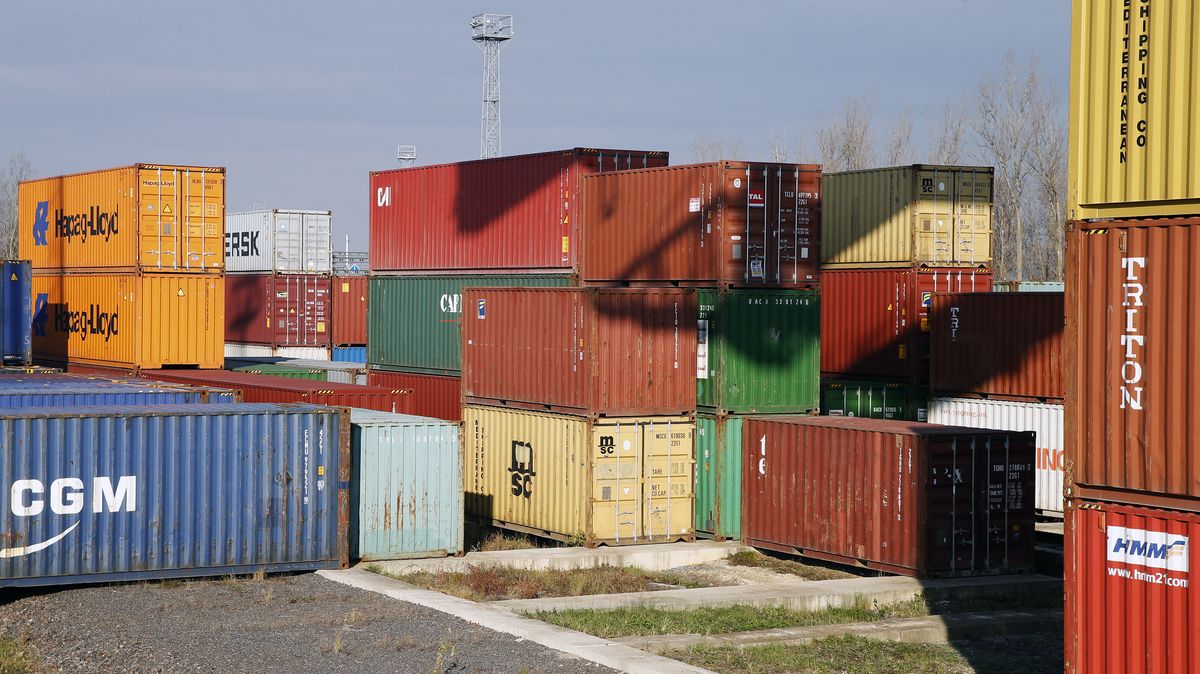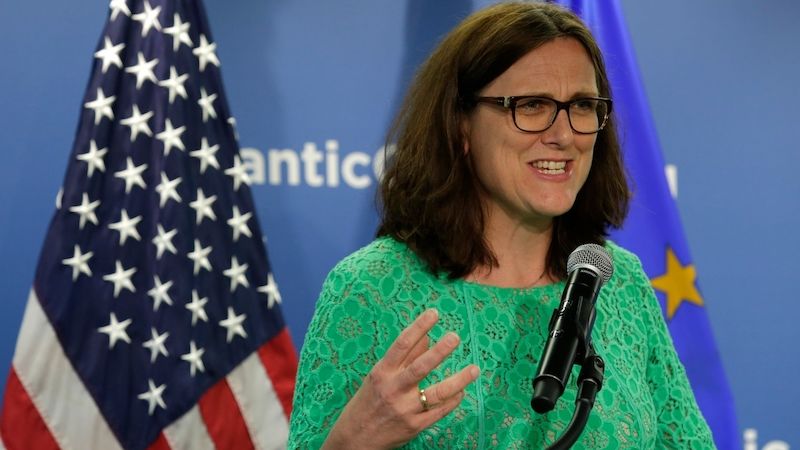World-renowned agency Fitch has downgraded France, the eurozone’s second-largest economy. This is justified by the large projected French budget deficit this year and next. The deficit is already too far above the average level of deficit value reported by the group of countries that the Fitch Agency has so far submitted to France, namely the group of countries with an “AA” rating. That’s why he now gives France an even worse grade, “AA-“.
From a political perspective, this is a serious blow to President Emmanuel Macron, who is now trying to stabilize French public finances fundamentally with unpopular reforms, including extending the retirement age.
For the first time in history, France is ranked on the same level as the Czech Republic. In other words, for the first time in history, the Czech Republic is “catching up” with France in the rankings. Given the rate at which France’s rating has deteriorated over the last twenty years or so, and given that the Czech Republic’s rating has improved slightly over the same period, it cannot be ruled out that the Czech Republic will soon outperform it.
According to Fitch’s agency, only five out of twenty eurozone countries now rank better than the Czech Republic. These are Germany, Austria, the Netherlands, Luxembourg and Finland. Never in history have so many countries in the eurozone been ranked as equal or worse than the Czech Republic, which raises another question mark over the Czech Republic’s eligibility to join the eurozone. It can no longer be spoken of as an elite club. Conversely, the monetary union’s debt burden continues to increase, and the direct costs associated with it will also be borne by the Czech Republic if the euro is adopted.
However, the Czechs should not allow themselves to be frightened by the fact that they are on the verge of bankruptcy, when none of the world’s experts really think so. On the other hand, public finances need to be arranged in stages so that we do not lose our global position which is still relatively improving. Hopefully the consolidation package that will be presented by the government in May can make a significant contribution in this regard. He has a unique opportunity to reduce expenses.
Lukas Kovanda, Ph.D.
Chief Economist, Trinity Bank
TRINITY BANK
Trinity Bank has been operating in financial markets for 25 years and was founded through the transformation of the Moravian Monetary Institute – a savings and loan cooperative. It has more than 92,000 clients and a total balance sheet exceeding CZK 65 billion.
Trinity Bank specializes in private and corporate banking, for individuals especially focusing on savings and savings products that offer above-standard savings appreciation.
More information at: www.trinitybank.cz

“Tv nerd. Passionate food specialist. Travel practitioner. Web guru. Hardcore zombieaholic. Unapologetic music fanatic.”







